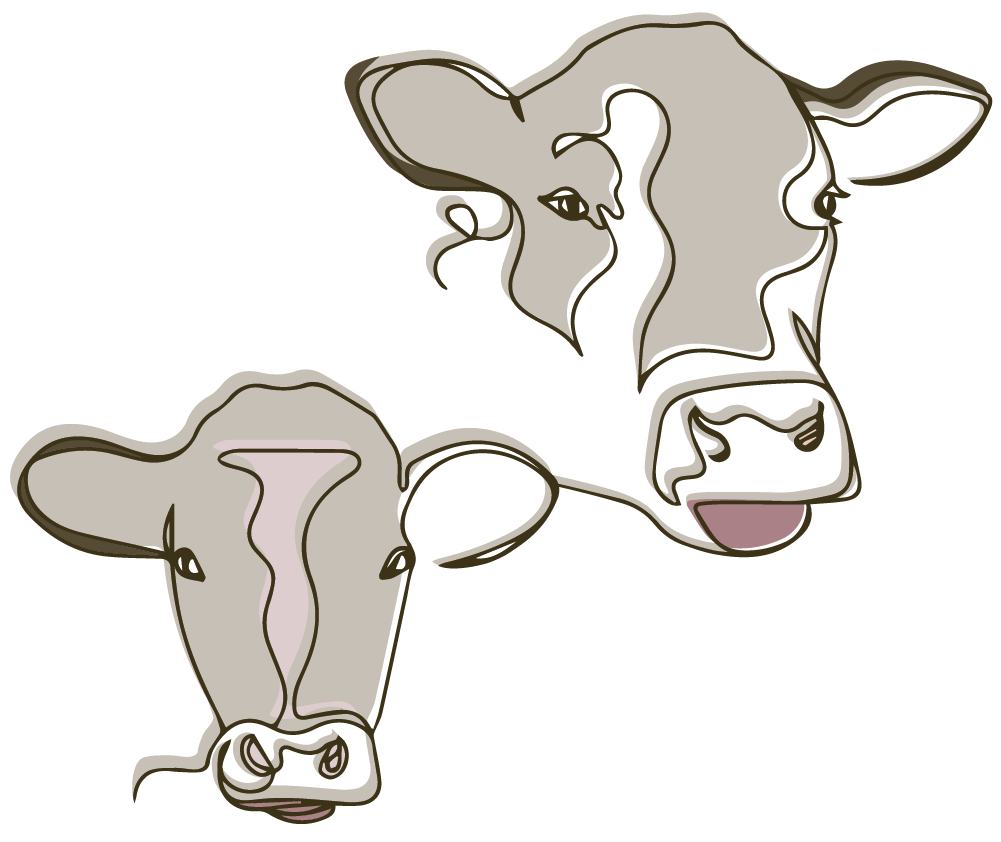Episode 7: Change
Change is hard
How often have you heard that?
How often have you felt that?
How often have you believed that?
How often have you used it as an excuse for your bad attitude?
But is change really that hard?
How often have you seen change happen in an instant? You thought life was going one way and, in a moment, it is heading in a different direction.
So, is change hard or is the fight we put up about change the hard part?
Let’s think about it:
Construction starts on your favorite road to work. Is taking another road the hardest part or the mental complaining battle that you start harder?
Someone at work excludes you from a decision – is the change in workflow that hard or is the hate and distrust harder?
Someone suggests changes for improvements to the family business – is doing things the new way hard or is trying to hold on to the old and criticizing the new way harder?
Starting a new job – is learning new things hard or is the expectation of perfection harder?
Chasing cattle and the cattle don’t go where you planned – is regathering them and reassessing the plan hard or is yelling, and chewing out your help harder?
So why do we think change is hard?
Our brains love the familiar – this is just an efficiency game
Our brains are trying to keep us safe – what we don’t know is riskier than what we do know. This is a risk/opportunity game – when we perceive change as a risk – we will react as if we think that the demands of the change are too much for us to cope with – you will see people just shut down, avoid or fight when they are in this state.
When we see it as an opportunity, we start into problem solving mode, we often get scrappy and creative. Willing to try new things to overcome the challenge.
Our brains like to be right – (more than they like to be happy). It's so often that I talk to people and they literally fight me so they can keep their really painful story.
Who would you be if you didn’t believe change was hard?
We would try new things- and be ok if it failed or we didn’t like it or it felt odd or even uncomfortable.
We would looked at things as opportunities – seriously consider others suggestions before we voiced an opinion or flat out said NO, we might more risk and try new foods or even start the podcast,
We would be willing to be wrong and would be flexible in how things looked.
What makes change harder?
EXPECTATIONS! Thinking it should be easy often makes it harder. I recently saw a pie chart that had about a quarter which was labeled things you actually have to do at work, and the other ¾ was the things I make up that I have to do to make my job sound hard.
We set the bar so high. We decide that every little thing has to be done and has to be done a particular way. But does it really even need to be done?
Believing this shouldn’t be happening- this is a simple mind set hack. We get an idea in our minds that something is going to be one way. Then when it isn’t that way, we create a big problem instead of simply accepting it for what it is.
Resistance –flutter boards under the water! We spend so much time resisting the change. Holding the flutter board under the water instead of allowing it to come to the surface. Process the emotions of grief, or confusion, or frustration.
Hacks for accepting change:
Find thought you believe – this is going to turn out better than I ever imagined or it's ok that it takes longer or I do it wrong the first time.
Find an emotion that you enjoy living from
Curiosity – I wonder how this will turn out
Amusement - Well that didn’t go as planned!
Showing your brain that it is an opportunity. How is this change exactly what was supposed to happen and how is this happening for me instead of to me?
Believing that this is preparing you for something better.
It will be fun!
Have a wonderful week.

